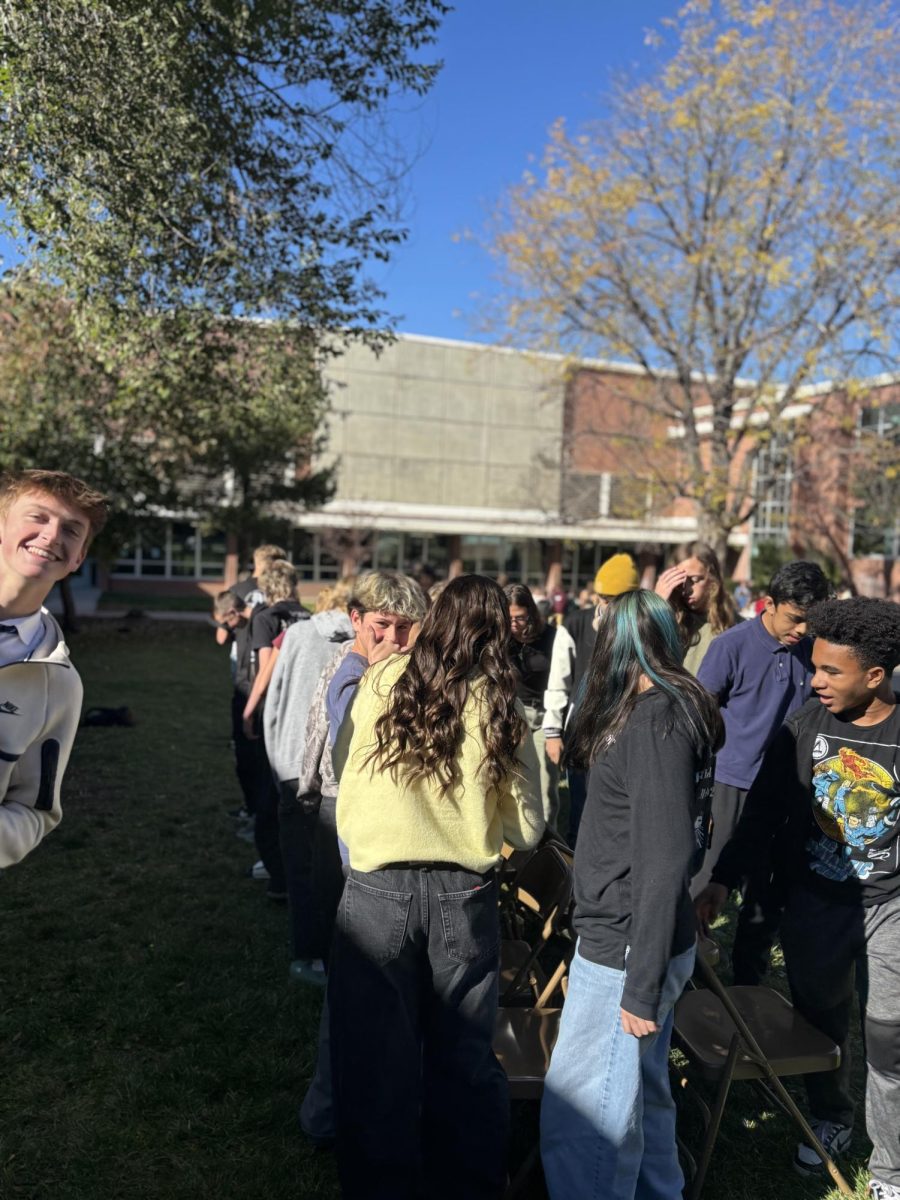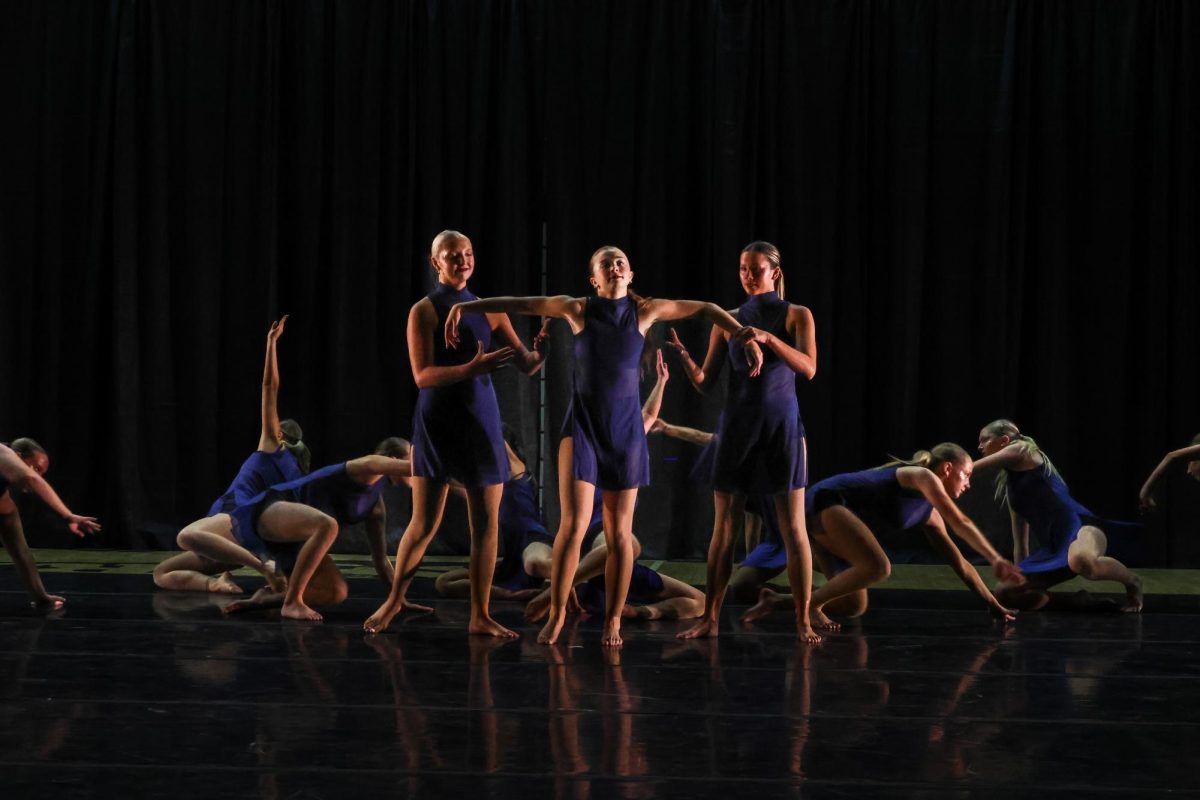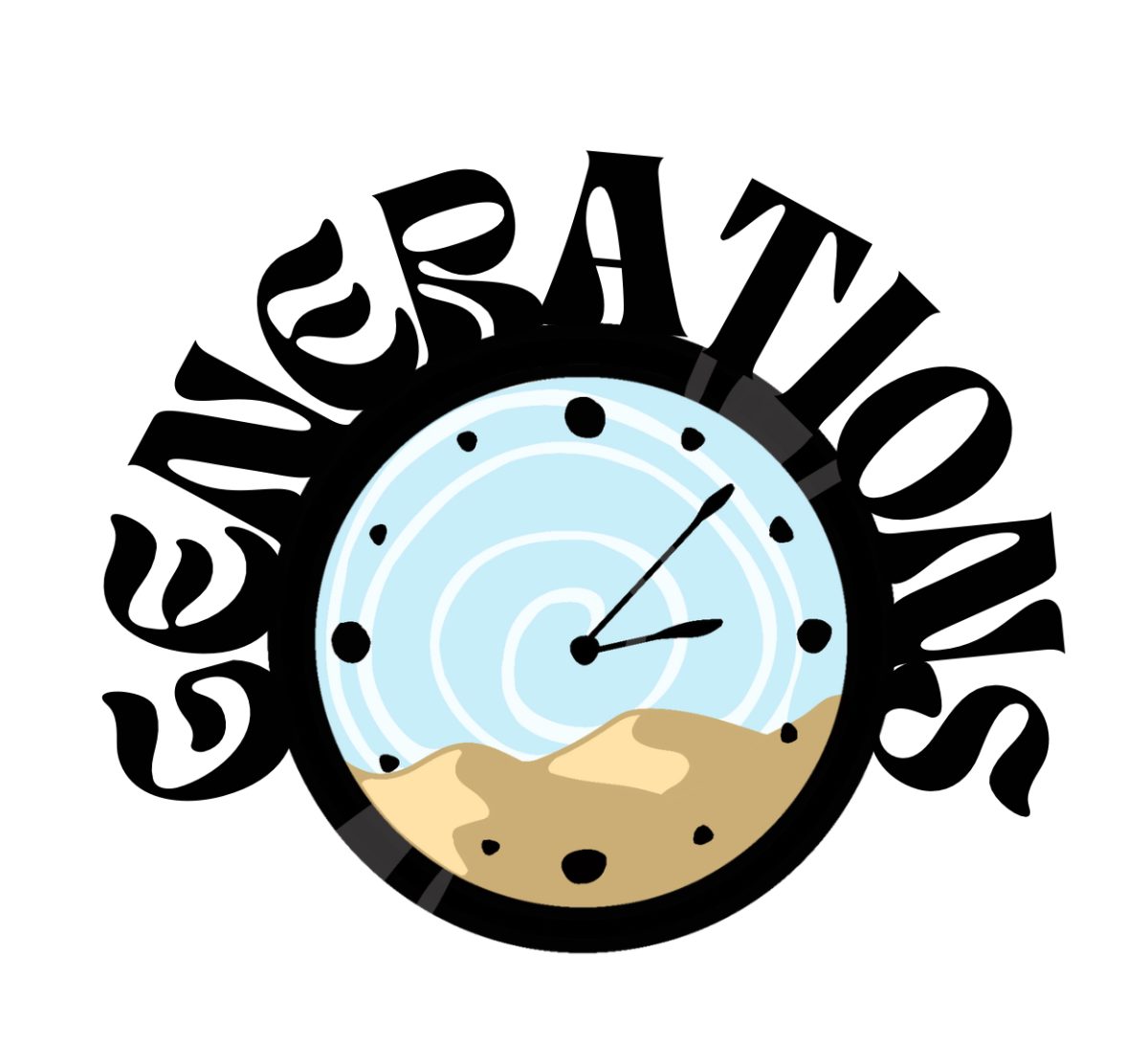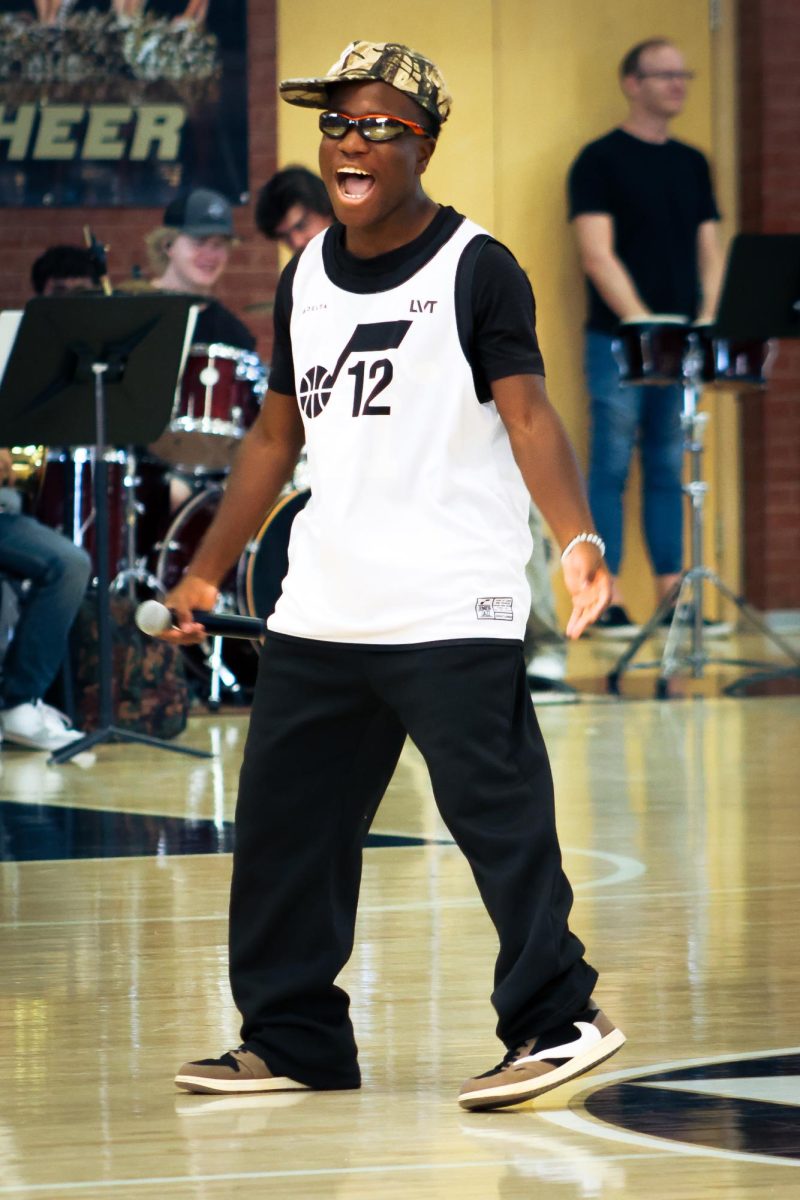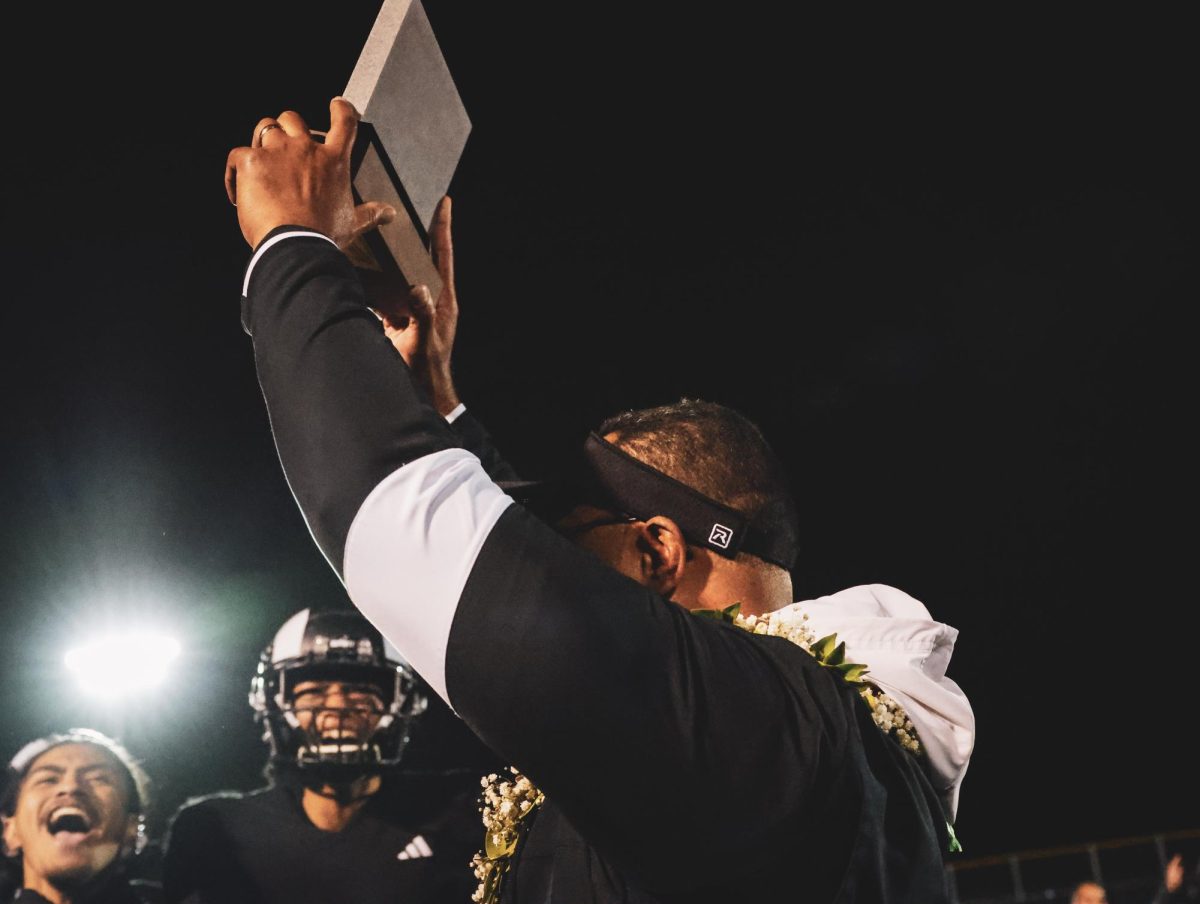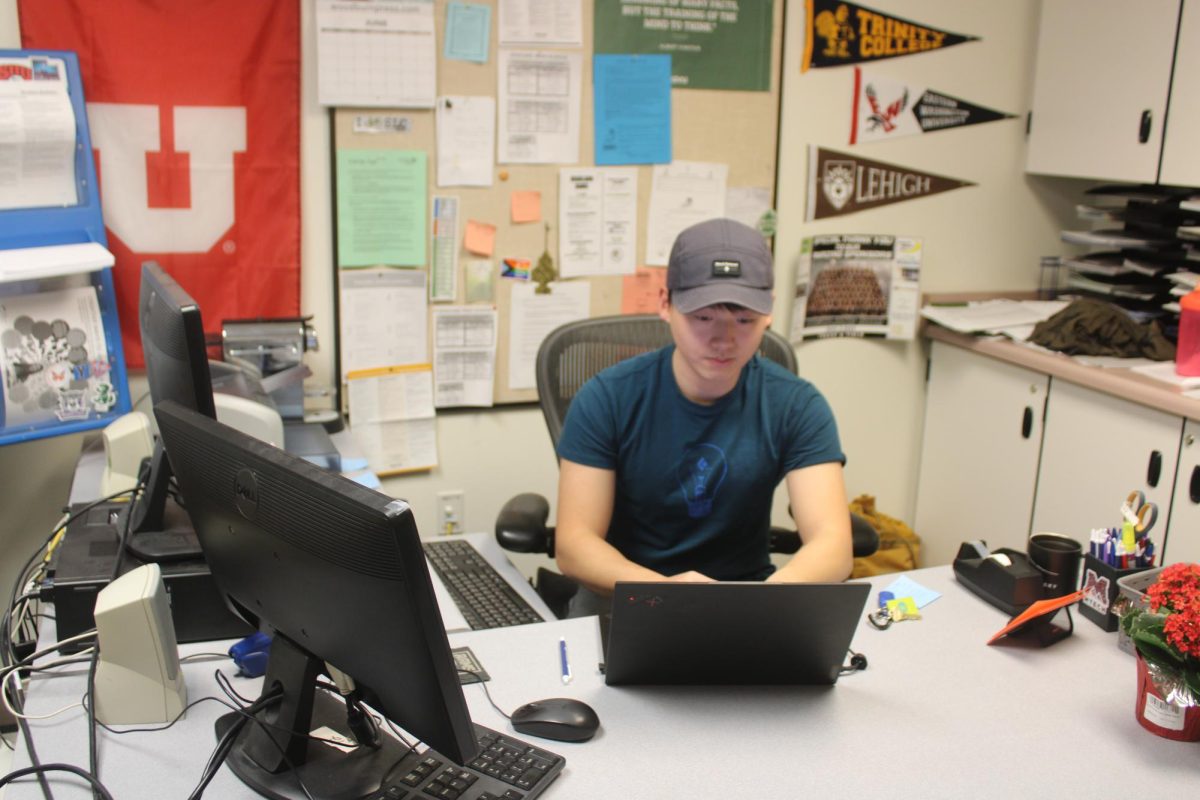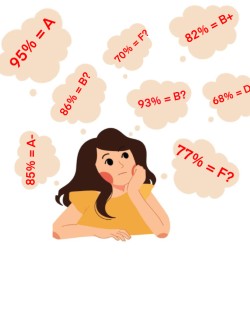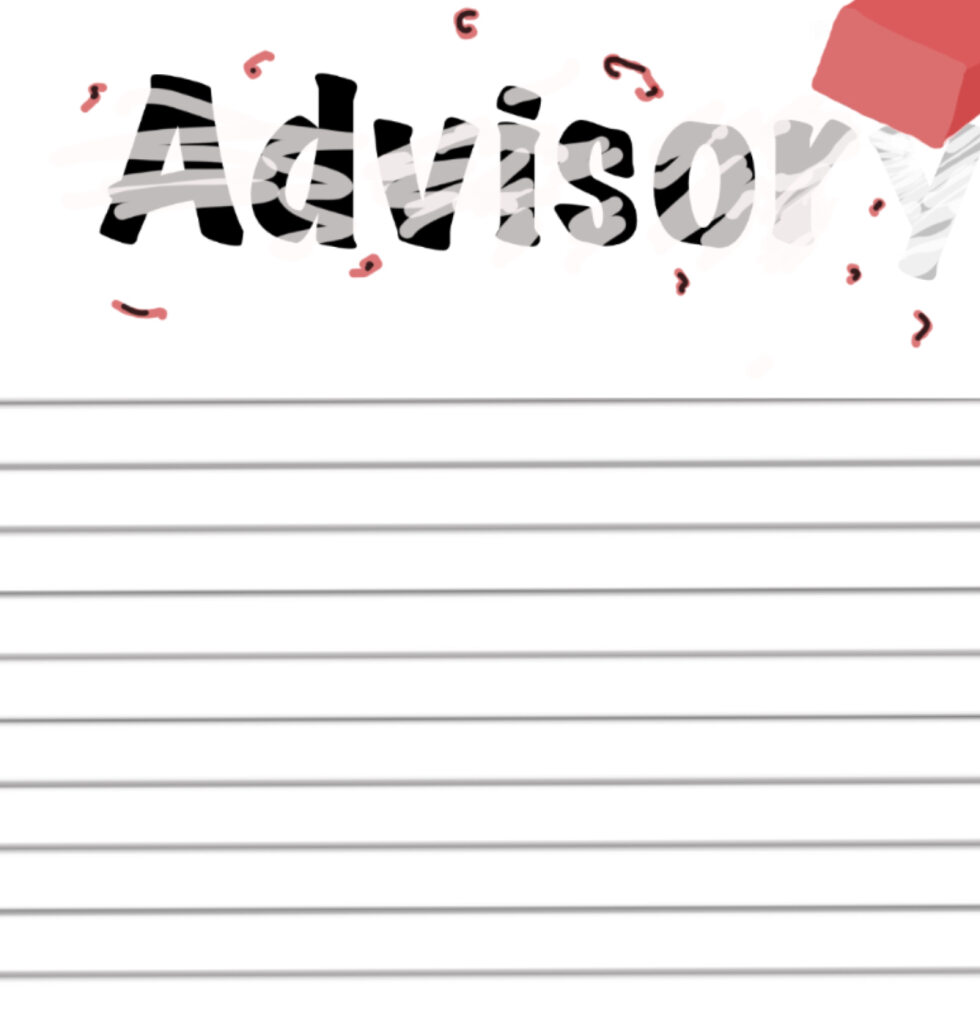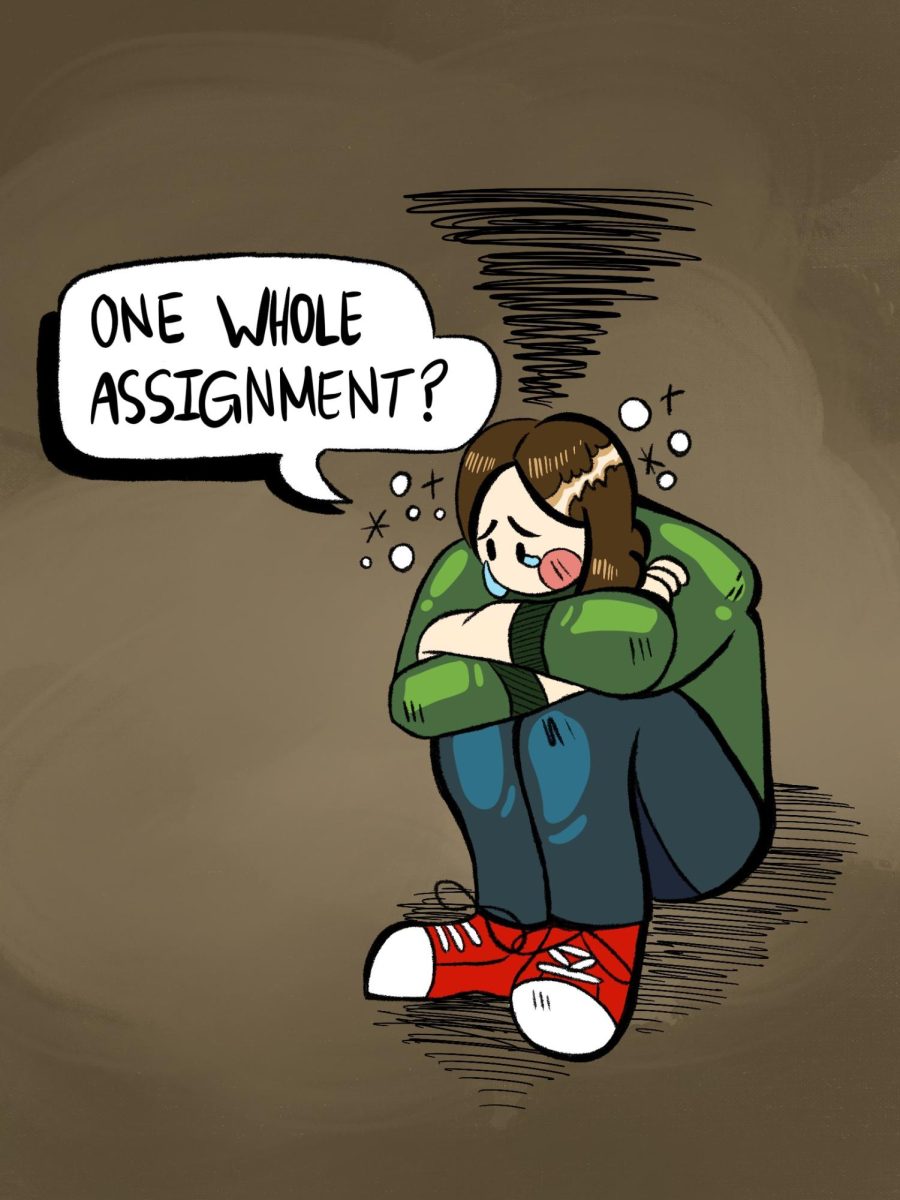Here is the harsh reality that nobody tells us: college destroys everything which we have worked for in high school.
This is an exaggeration of course, but the differences between the high school schedule, which matches a typical 9-5 workday, and that of college is drastic.
The average high school schedule in the US will begin at around 7:30 am and end at 3:00 pm, not including extracurriculars, almost mimicking that of a typical 9-5. This not only is to accommodate parents’ schedules but set up adolescents with a strict schedule which stays consistent for at least 12 years.
For most of their developmental years, students have a structured lifestyle with limited class options. The goal is to reach a class requirement before graduation, which is focused on teaching students’ basic knowledge rather than information for a specialized field. Though there are options for these specialized classes, it is nowhere comparable to college.
In college, students can build their own schedule based on their own needs and wants, which is a liberty they were not given prior. But does this liberty really prepare students for the professional realm?
Just like most scenarios in life, the answer to this question is truly dependent on the individual and their career path.
“I feel like [my schedule is conducive a of a professional role after college], but I think a lot of students schedules would not set them up for a career,” Highland graduate Peach Schilling said.
Schilling is studying medicine at the University of Utah and is on track to graduate within four years. But her degree—majoring in biology and minoring in chemistry—requires an intense schedule if she plans to reach this goal. For this, Schilling must take 16-17 credit hours each semester. Considering her intense class load, research lab, and studying, she is on campus 8-5 Monday through Friday.
“Out of high school, structure wise, it would have been more similar to a typical 9-5 career compared to going out of college. But I do not think I was prepared for a full time 9-5 job out of high school, though I think some students are. I definitely wouldn’t have been,” Schilling said. “I have learned a lot more about time management and schedule planning in my college years than in my high school years partially because I’ve had to figure out my schedule myself rather than having it be laid out.”
Time management and self-motivation is what minimizes this vast change from high school to college and then onto a professional role. Though high school nearly mimics the typical 9-5 schedule, and in some cases is busier, college is the environment where a student learns to become their own individual.
However, the United States is experiencing an epidemic of college freshmen dropping out or failing out of college, and one of the biggest factors is the unexpected independence.
A students’ daily schedule is no longer created by the adults in their life, teachers are no longer motivating them to finish their classwork, and students must learn how to flourish in an independent environment.
Neither high school nor college is equipped to solve this problem, it is solely in the students’ hands. In high school, students must learn on their own to become self-incentivized because high school can prepare you for the academics of college, but not for the freedom.
Everyone’s story is unique, but it is undeniable that the period post-graduation opens the doors for immense growth and understanding of an individual.
“This is just my personal thoughts on college, but it’s not that you pay to go to class, it’s more getting access to the diverse community where you can meet with the people who are in your professional career field,” Highland’s college advisor Wes Lee said. “Academic course work is important in college, but I think that meeting with new people and making connections should be prioritized throughout your college experience.”
This is the vast distinction between K-12 and college.
With the consideration, that just beginning in a profession you have little control over your schedule, the schedule from K-12 will be reembraced along with experiences of college. Both realms offer important life lessons and prepare you for the future in their unique ways.
Everyone will follow their own path, but the many lessons from their schooling are what makes everyone singular and a contributor to society.
